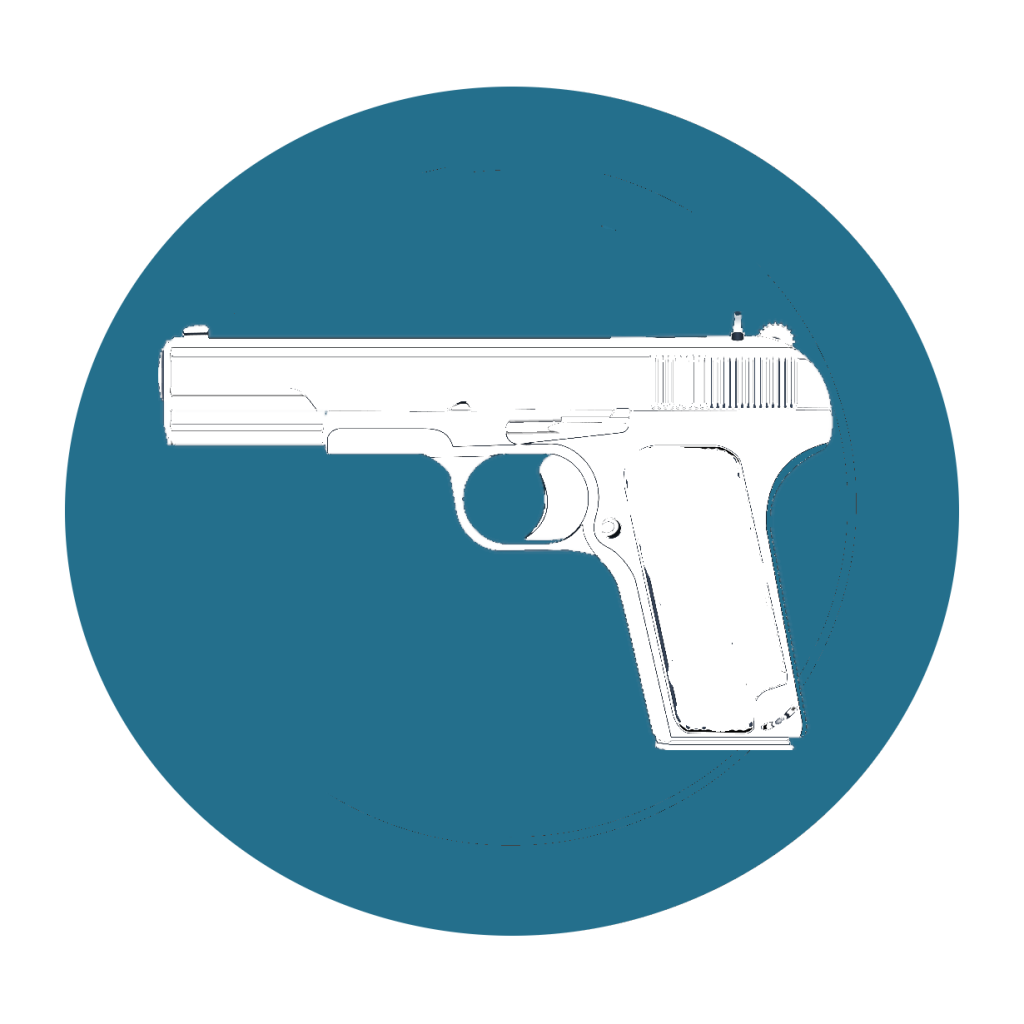| Status of the embargo | Ongoing |
| Entity | non State actors |
| Organisation(s) imposing embargo(es) | UN & EU |
| Restriction(s) | Conventional weapons |
| Exceptions | No |
Al Qaida, persons and entities associated with them are currently under UN and EU arms embargoes.
UN
Al-Qaida, individuals and entities associated with them have been under UN arms embargo since January 2002 (Resolution 1390 (2002)). Previously subject to a joint UN embargo together with the Taliban, Al Qaida, individuals and entities associated with them have been under a separate set of sanctions since 2011 (Resolution 1988 (2011) et 1989 (2011)). In addition, the Islamic State, individuals and entities associated with them, the Al-Nusra Front and any other Al-Qaida branches or breakaway groups, as referred to in Resolutions 2170 (2014), 2178 (2014) and 2199 (2015), are also subject to the UN embargo on Al-Qaida.
In December 17st 2015, the Sanctions Committee on Al-Qaida was rebranded as Sanctions Committee on ISIL (Daesh) and Al-Qaida (Resolution 2253 (2015).
1. Conventional weapons
Prohibitions
The current sanctions regime, as detailed in Resolution 2610 (2021), which updates Resolutions 1989 (2011) and 1390 (2002), decides that all Member States of the United Nations shall “prevent the direct or indirect supply, sale, or transfer (…) of arms and related materiel of all types including weapons and ammunition, military vehicles and equipment, paramilitary equipment, and spare parts for the aforementioned, and technical advice, assistance or training related to military activities” (Resolution 2610 (2021), para.1, (c) to Al-Qaida and other individuals, groups or entity associated with them.
Moreover, Member States are called upon to undertake the appropriate measures to ensure that individuals and entities involved in the production, sales, supply, purchase, transfer and storage of “all types of explosives, whether military, civilian or improvised explosives, as well as to raw materials and components that can be used to manufacture improvised explosive devices or unconventional weapons (…)” exercise vigilance to prevent Al-Qaida and individuals and groups associated with them from obtaining, handling, storing, using or seeking access to all of these items (Resolution 2610 (2021), para. 31).
Individuals and entities subject to these sanctions are those listed on the ISIL (Daesh) and Al-Qaida Sanctions List established and updated by the ISIL (Daesh) and Al-Qaida Sanctions Committee (Resolution 2610 (2021), para. 2).
Others
The UN arms embargo is indefinite.
The mandate of the Monitoring Team and its members, established pursuant to paragraph 7 of Resolution 1526 (2004), is extended for a further period of thirty months from 1th January 2022 (Résolution 2610 (2021), para. 98).
Al-Qaida, individuals and entities associated with them are also under EU arms embargo.
EU
Al-Qaeda, individuals and entities associated with them have been under embargo by the European Union since May 2002 (Common Position 2002/402/CFSP). Until 2011, like its UN counterpart, the European sanctions regime applied to members of Al-Qaeda and the Taliban (as well as associated individuals and entities). Council Decision 2011/487/CFSP created two separate sanctions regimes, one applicable to Al-Qaeda, the other to the Taliban. Since December 2015, the sanctions imposed by the European Union on Al-Qaeda have also applied to the Islamic State (Daech, EIIL).
1. Conventional weapons
Prohibitions
The current sanctions regime, as detailed in updated versions of Council Decision 2016/1693/CFSP and Regulation 881/2002, prohibits :
- “The direct or indirect supply, sale, transfer or export of arms or related materiel of all types, including weapons and ammunition, military vehicles and equipment, paramilitary equipment and spare parts, to any individual, group, undertaking or entity designated by the UNSC pursuant to UNSCRs 1267 (1999), 1333 (2000) and 2253 (2015), as updated by the Committee established pursuant to UNSCR 1267 (1999) (‘the Committee’), or designated by the Council, or to those acting on their behalf or at their direction, by nationals of Member States or from or through the territories of Member States or using their flag vessels or aircraft, shall be prohibited whether originating or not in their territories” (Decision 2016/1693/CFSP, art.1 para. 1) and,
- « to provide technical assistance, brokering services and other services related to military activities and to the provision, manufacture, maintenance and use of arms and related materiel of all types, including weapons and ammunition, military vehicles and equipment, paramilitary equipment, and spare parts for the aforementioned » (Decision 2016/1693/CFSP, art.1 para. 2., a ; Regulation 881/2002, art. 3) to the members of the EIIL and Al-Qaeda organizations and associated individuals, groups, companies and entities listed in Annex I to the Regulation 881/2002.
This annex is regularly revised, in particular to reflect new decisions by the UN Security Council Sanctions Committee concerning EIIL and Al-Qaeda. The regulation has been amended 344 times since it came into force. We invite you to consult the Official Journal of the European Union for the updated version of Annex I of Regulation 881/2002.
The term “associates” is to be understood in a broad sense, as this list also includes individuals and entities belonging to groups or entities affiliated to Al-Qaeda, such as the Al-Nosra Front, or even totally independent, such as the Islamic State.
Others
Individuals and entities subject to these restrictive measures are also subject to financial sanctions and restrictions on admission to EU territory.
The arms embargo regime is not of any duration, as Decision 2016/1693/CFSP (art. 6, para. 1) provides for a constant review of its provisions.
Al-Qaeda and individuals or entities associated with them are also under UN arms embargo.
Restrictions diagram :

Conventional weapons